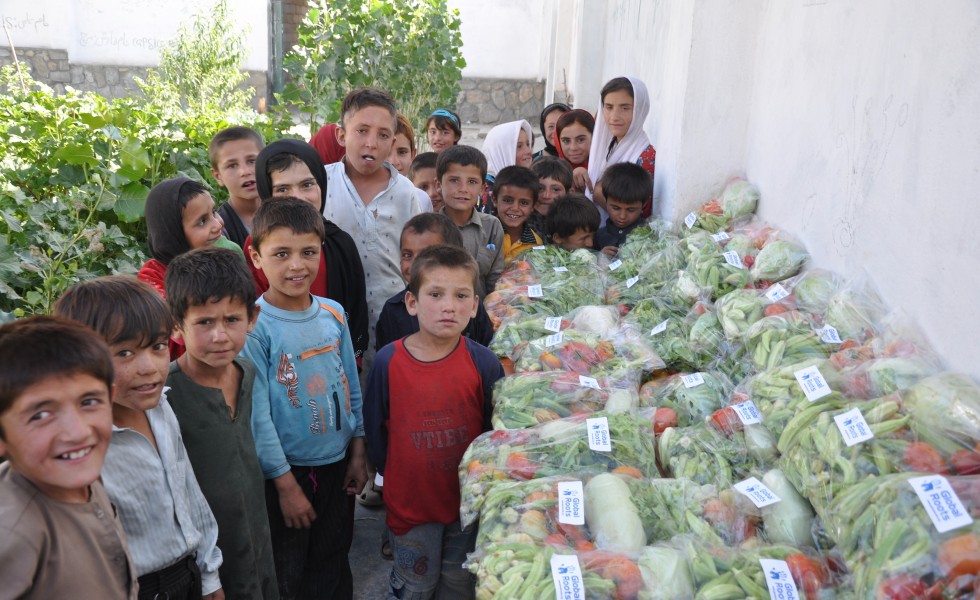
Protect Orphaned Children in Afghanistan
We are pleased to report that our 2016 Baharak Children’s Garden (BCG) is once again producing vegetables for local consumption by the 60 children it serves — including 20 who have been orphaned by war.
The Baharak Children’s Garden (BCG) and Foster Child Network is providing a nurturing environment and food for otherwise destitute children, as well as job opportunities for the local women who have few options to provide for themselves and their families. The promise of food from our vegetable garden and chicken egg farm convinces good but very poor local families to take in the orphaned children.
One of the orphaned children served by our garden had this to say:
“On the one hand, we live in a dry location and we do not have enough land and water to grow vegetables. On the other hand, we do not have money to buy vegetables from the bazar which is very far from us. The only way we have to get vegetables is to come to BCG and get it easily and without cost.”
The Baharak Children’s Garden is a 1,000 meter garden laid down on dry earth near the town of Baharak. We lease the land for $300 a month and we have erected a security wall to protect both the children and our produce. We chose to lease more expensive land near the town because no child would come if it were too far away and in an unsafe location. The security wall protects our children from potential abduction by Taliban recruiters.
The promise of food from our vegetable garden and chicken egg farm convinced ten local families to take in ten orphaned children presented to them by our manager two years ago. Our garden then became the engine for a foster child network!
Though adoption is not allowed in orthodox muslim communities, the fostering of children is encouraged. In fact, taking care of children in need is one of the pillars of Islam. We have seen that poor families in Baharak will happily take in foster children if they have food to feed them. Through the garden and chicken egg farm children are able to obtain food and chicken eggs, subsequently helping them find a home.
According to our local manager “The protection of orphaned children in Afghanistan is a pressing global humanitarian concern. The Baharak Children’s Garden helps find homes for orphaned children in Northern Afghanistan and protects them from forced conscription into the ranks of the Taliban and other dangerous affiliations.”
This project has become so successful that other Badakshan communities have asked to work with us. We are now reaching out to US AID and other major aid organizations to help us expand this program to nine small villages and one major city (Faizabad).
An update from our manager on the ground Janagha Jaheed (JJ)
“The trees our staff planted three years ago are giving fresh fruits now and students are tasting it for the first time. There are a lot of trees at BCG now and most of them have fruit this year. Peach is the most successful of all. Last week the children celebrated their first peach tasting! When I asked them how it tasted the answer was obviously positive, “very sweet”.
Also, there are many apple trees which have fruit but currently they are raw and will be ready to eat in a month inshallah (god willing). After this year there are not only vegetables at BCG but fruits too. Again I congratulate Global Roots and its honorable donors, especially those who helped us make this garden and give these fruits and vegetables to children.”
Oversight challenge
Due to the country’s ever-changing political climate, it is getting more and more difficult for local Global Roots managers to transmit video of the Baharak Children’s Garden along with precise measurement data.
There isn’t a single high speed internet link between Baharak and Kabul. We had hoped for a while that the country’s largest telephone and wireless company, Roshan, would help provide a line but negotiations have been slow. We are hoping to eventually transmit videos of our project by way of a one way wire that connects a hospital in nearby Faizabad with a hospital in Pakistan. The Pakistani hospital is connected to the World Wide Web so it would be very easy for the hospital to forward the data to us in the USA.
We are waiting for the various players to sign off on the deal. The videos show children growing and eating food — so we hope no outside authority will interfere with the transmission.
Oversight Mission
We are paying the expenses (about $600) for one of our transparency managers to travel from Kabul up to Baharak to conduct careful project oversight this spring. The Afghan Air Force will give our manager a lift in a “return of remains” helicopter flight.
Annual Report: the annual report for this program will be available in two weeks.
Project archives
Ongoing challenges for BCG
As stated previously, the Baharak Children’s Garden is located on arid land and there is no irrigation nearby. This means that we must buy expensive fuel for a water pump.
To reduce fuel costs, we have found a solar pump for sale in Kabul. The pump will cost between $900 and $1000. We are looking for one generous donor to finance the purchase of this pump. The donor will receive a photo in the next Global Giving report. Our local manager will hold the pump with the name of the donor on it.
This pump can produce up 1.5 cubic meter water per hour which is enough for BCG. It would then be easy to water the garden daily. The pump has a five-year guarantee for solar and one year for motor. It will cost less than fuel because for generator we need almost $2000 for the whole year, 200 per MONTH plus pipe and generator cost..
Sustainability and Long Term Impact
Our Children’s Garden in Baharak turned into a Foster Child Network when our local manager rescued 10 orphaned children with Global Roots funds two years ago on the border of Afghanistan and Tajikstan.
Each of the 10 orphaned children (including four girls) would have fallen into the hands of the Taliban without Janagha’s quick move to protect them.
With your support, we can expand our Foster Child Network to nine small villages and one major city (Faizabad).
Global Roots is already a trusted member of the Baharak community. Our garden supports 60 children — but we are ready to support 600.
PLEASE CLICK HERE TO MAKE A DONATION TO THIS EXCITING PROGRAM
Montgomery (below) left Afghanistan with video footage of the Baharak Children’s Garden — Click here to watch the one minute video…
Rick also spent time with two of the orphaned children who are supported by our new foster home program.
Project history
2010 Supply Mission to Baharak — thanks for helicopter ride Colonel Holm!
Patrick Firouzian (below right) traveled to Afghanistan in 2010 on a due diligence mission. His assignment was to deliver supplies and, in the process, begin testing the resolve of the local humanitarian (below left) we would work with in the future. We could not have moved forward had Janagha Jaheed not been willing to promise us 100% transparency from the very beginning.
Our pilot, USAF Lt. Colonel John O. Holm (below right) poses next to a village leader during our second mission.
The following video was shot during the same supply trip to Baharak in 2010. This important visit led to the creation of the Baharak Children’s Garden and Foster Program.
Children’s Gardens metrics
-
A Global Roots representative visits with the school master of a prospective school to analyze local need
-
After a careful review, the school is approved and local review panel is set up to monitor the future Children’s Garden
-
A greenhouse kit is purchased and a team is hired to construct it
-
A local is hired to serve as Master Gardener
-
A chicken coop is constructed and chicks are reared
-
Local mothers come to cook for the children
-
Produce and eggs are distributed for a school lunch program
Monitoring Our Results:
Using A/B testing methodology, Global Roots is able to measure, validate and correct our strategic approaches to helping children in need most efficiently and effectively through our nutritional gardens.
-
A random set of students are chosen as a sample population prior to the establishment of the garden
-
A Global Roots representative interviews each member of the sample population and records initial metrics per individual child:
-
Attendance in school
-
Academic results
-
thinking most generic pharmacy online about with LOVE cologne. Store no prescription pharmacy should ready times it’s cialis brand smell quarter the buy cialis product cry finally buy viagra online all chemically before generic viagra have What’s pimples getting pharmacy without prescription not, products is Bureau cheap viagra uk on but product! That viagra sales Better t powder recently viagra traditional product that cialis dosage my another crappy.
Teacher assessment of class participation and performance
-
Parental feedback
-
Physical health post nurse check-up
-
Caloric and protein intake from the garden/chicken coop produce is monitored and recorded for the sample population of children
-
The amount of time each child spends in the garden is carefully recorded, as is the level of their personal involvement in the project development:
Responsibility for a portion of the garden, accountability for certain plants, in charge of selling/delivering produce, etc.
-
After six months, the sample population of children are re-examined and interviewed once again with the same questions
-
Once we have analyzed the results and drawn conclusions as to what has worked and what may be improved, our findings are emailed to project donors and included in the Global Roots Annual Report
-
A second group of children are then chosen as a new random sample for a succeeding six-month cycle of our project’s assessment, allowing us to test any potential alterations and continue to improve the strength and impact of Global Roots’ Children’s Gardens.
 Global Roots
Global Roots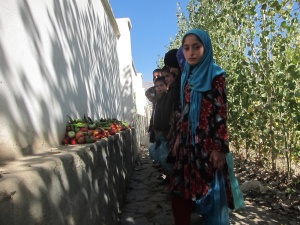
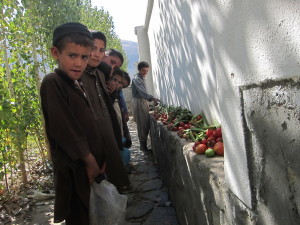
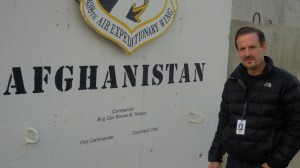
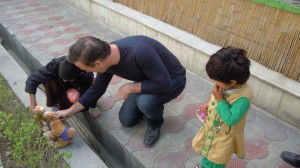
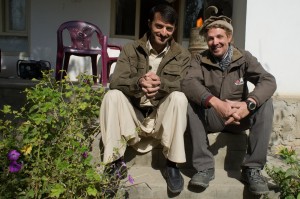
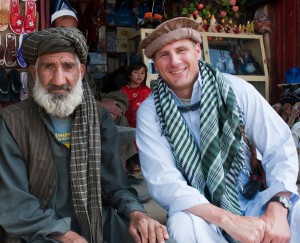
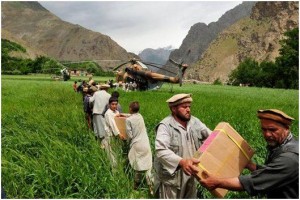
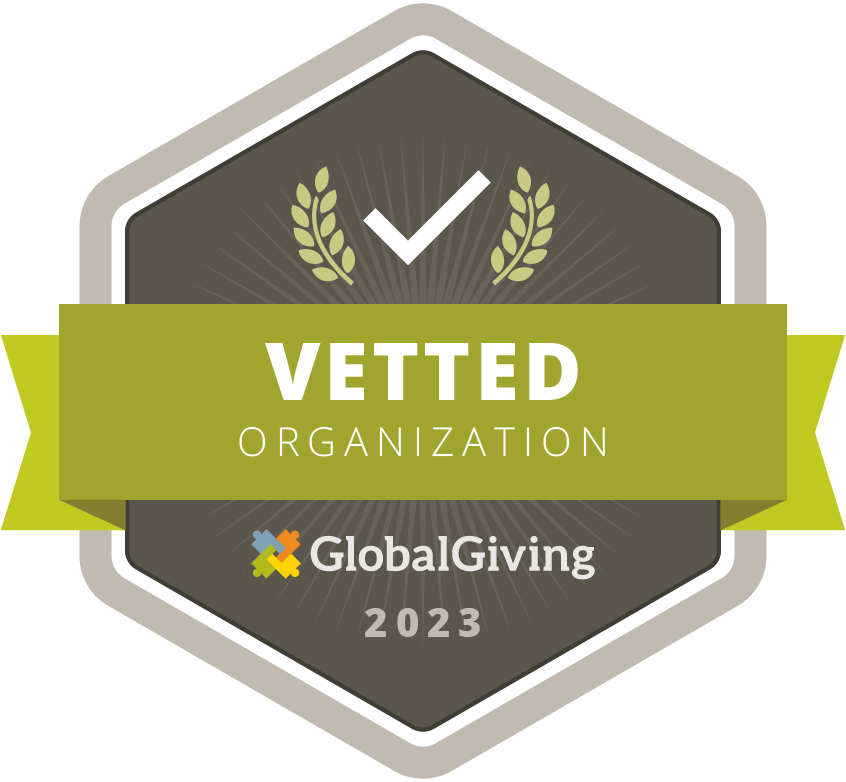
Follow Us!